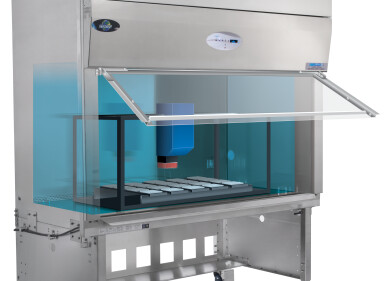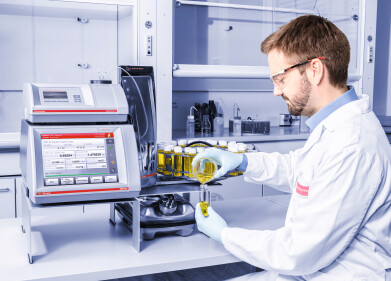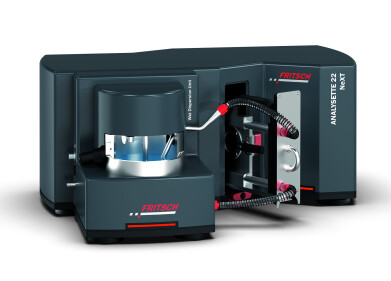Laboratory Products
10 Applications of Monoclonal Antibodies
May 27 2014
Monoclonal antibodies, or mAbs, are antibodies that have been developed and produced from the same identical parent immune cell. As such, they can be developed and honed by scientists to target and identify specific cells and antigens and to work as antibodies in tandem with the human immune system against them.
As research into mAbs and their potential uses is ongoing, scientists hope to augment their knowledge of the antibodies and increase their usefulness. For more information on such research, this article provides a helpful insight. For now, though, here are ten applications of mAbs, some proven and some potential.
- Diagnostic Testing
Once mAbs are produced for a specific substance, they can be then used to test for the presence of that substance in a vessel. This can include toxins, drugs or hormones.
- Pregnancy Testing
MAbs that have been developed to detect human chorionic gonadotropin (HCG) are now present in pregnancy test kits.
- Radioimmunodetection (RID) of Cancer
An imaging technique used to detect the presence of cancerous or cancer-specific cells has been developed deploying radio-labelled antibodies, which can be produced as mAbs.
- Radioimmunotheraphy (RIT) of Cancer
Similar to RID, RIT uses mAbs to specifically target antigen cells that are associated with tumours, and then blast these with a lethal dose of radiation, whilst minimising the level of radiation absorbed by normal cells.
- Treatment of Cancer through Drugs
Many different drugs are being developed in clinical trials with the ultimate hope of being able to treat various strains of cancer. In fact, some of these are already on the market. In 1997, a drug named Ritoxin was approved by the FDA for commercial use which is based on mAb technology.
- Viral Disease Treatment
Doctors hope that with further research into mAbs and an increased knowledge of their properties, treatments will become available for diseases previously thought to be incurable, such as AIDS.
- Identifying Pathogens
MAbs can now be used to identify strains of a single pathogen, for example neisseria gonorrhoeae.
- Tracing Specific Cells and their Functions
Scientists can use mAbs to first identify and then track certain cells or molecules in a living thing, and determine its function. For example, scientists at the University of Oregon are using such practices to determine which proteins are responsible for differentiation amongst cells in the respiratory system.
- Organ Rejection
A certain mAb named OKT3 (developed as an antibody to the T3 antigen) is able to be used to alleviate the effects and likelihood of organ rejection when transplanting new organs into a subject.
- Rhesus disease Immunisation
Anti-rhesus antiserum is becoming increasingly hard to find, and the UK Blood Products laboratory has been researching the possibility of substituting mAb rhesus immunisation, with a view to ultimately replacing the serum.
Digital Edition
International Labmate 49.6 - Sept 2024
September 2024
Chromatography Articles - HPLC gradient validation using non-invasive flowmeters Mass Spectrometry & Spectroscopy Articles - From R&D to QC, making NMR accessible for everyone: Putting NMR...
View all digital editions
Events
Oct 06 2024 Liverpool, UK
Oct 08 2024 Gothenburg, Sweden
Oct 09 2024 Birmingham, UK
Oct 09 2024 NEC, Birmingham, UK
Oct 15 2024 Milan, Italy


















